People
The Anonymous Was a Woman Grant Has Selected Its Largest-Ever Cohort of Female Artists Over 40—See Work by the Winners Here
The award will give out an additional $300,000 over the next three years thanks to an anonymous donation.
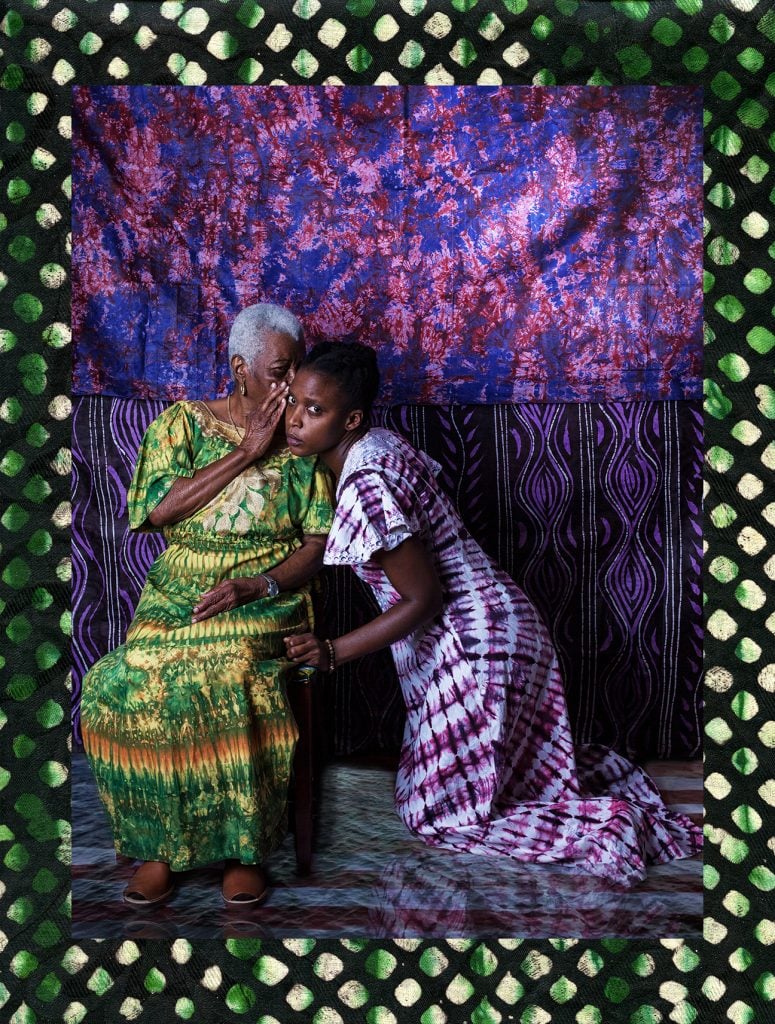
The award will give out an additional $300,000 over the next three years thanks to an anonymous donation.

Sarah Cascone

The Anonymous Was a Woman awards are back and better than ever, thanks to new donations—made anonymously, naturally—that will expand the number of annual honorees from 10 to 14 for the next three years. That increases the total amount of grant money to $350,000 each year, with each recipient receiving $25,000 in unrestricted funds.
Since 1996, the organization has presented grants to women-identifying artists over the age of 40, a segment that is frequently overlooked by both the market and museums. Founder Susan Unterberg, an artist herself, only revealed her identity in 2018. The additional funding comes from two donors, one of which is a Boston-based philanthropist who made the gift through a new initiative called the Meraki Artist Award, according to ARTnews.
The 2021 winners, who are between the ages of 41 and 81, are: Nanette Carter, Oletha DeVane, Adama Delphine Fawundu, Anita Fields, Coco Fusco, Renée Green, Judithe Hernández, Suzanne Jackson, Autumn Knight, Adia Millett, Anna Sew Hoy, Julie Tolentino, Dyani White Hawk, and Marian Zazeela.
“I am delighted to congratulate this year’s award recipients—a group of extraordinary artists who represent a multitude of viewpoints, backgrounds, and formal practices,” Unterberg said in a statement. “When I started Anonymous Was A Woman, I did so to address a need that I felt personally as a woman artist in the middle of her career. I never dreamed that it could inspire other individuals to join us in advancing our mission.”
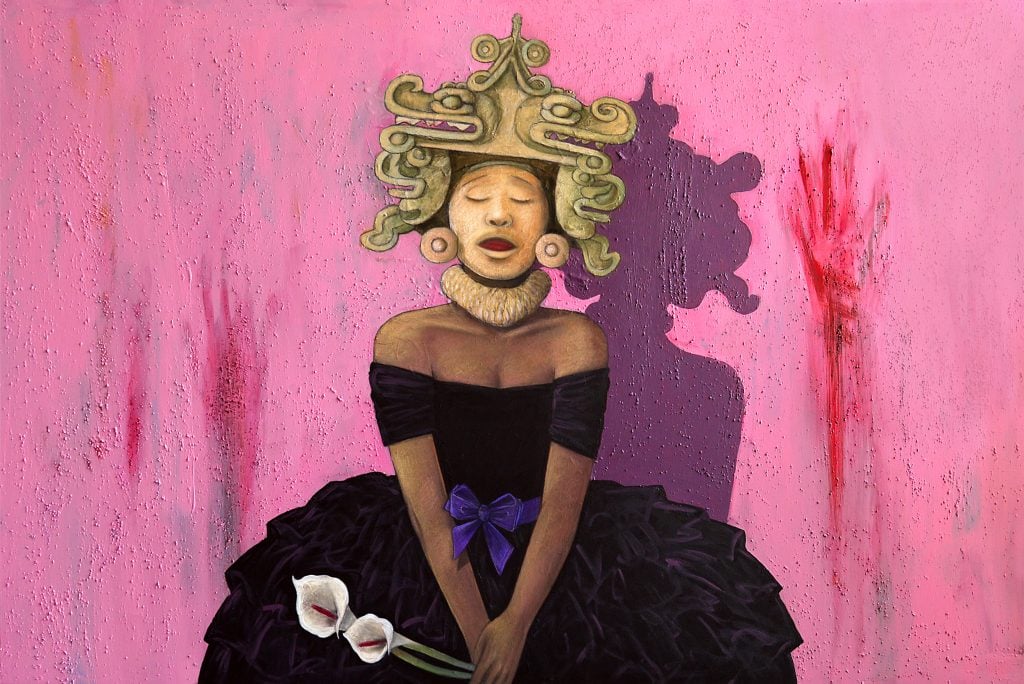
Judithe Hernandez, Juarez Quinceañera (2017). Courtesy of the Cheech Marin Center for Chicano Art & Culture, Riverside Art Museum, California.
Artists were chosen from applicants recommended by a pool of art historians curators, writers, and artists who serve as anonymous nominators.
“It is an honor to be recognized by a jury of my peers,” Fusco told Artnet News. “I am trying to finish a film right now, and that requires that I raise more money. When I received the news of this award I breathed a sigh of relief, as it represents a significant amount of what I need to complete the film. It is also wonderful to join a group of women artists that have received this award over the years.”
“It is well known that women artists often experience a drop in attention to their work when they cease to be perceived as ingenues because of the sexism that persists in the art world. This award represents an effort to counteract that prejudice,” she added.
To date, Anonymous Was a Woman has handed out nearly $6.5 million to 265 artists. The organization takes its name from the line in Virginia Woolf’s A Room of One’s Own arguing that women creators have chosen to stay “anonymous” so their works will be taken seriously.
Last year, Anonymous Was a Woman doubled its annual giving, offering an additional $250,000 in emergency grants of up to $2,500 apiece for women artists over 40 who had lost income or opportunity as a result of the global health crisis.
See more by this year’s award winners below.
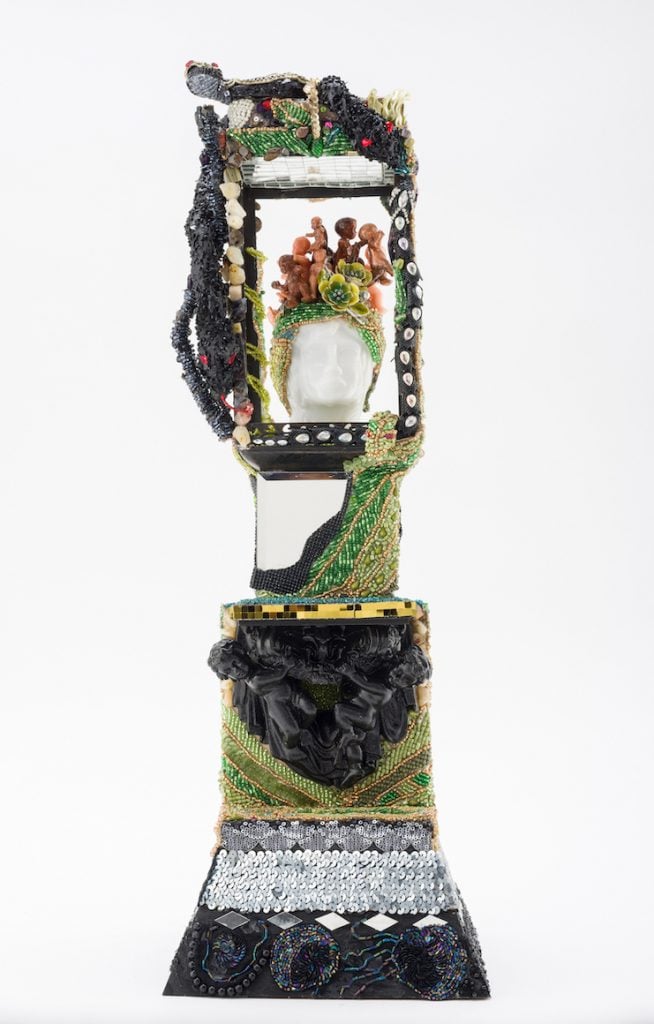
Oletha DeVane, Woman who married a snake (2017). Courtesy of the Baltimore Museum of Art.
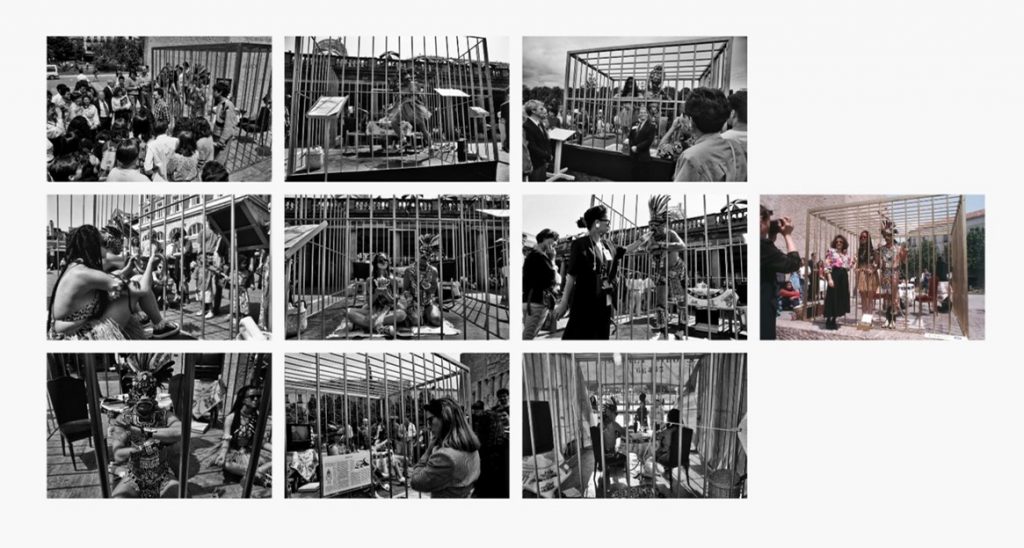
Coco Fusco, The Undiscovered Amerindians Tour (1992–94/2019). Photo courtesy Alexander Gray Associates, collection Pérez Art Museum Miami. ©Coco Fusco.
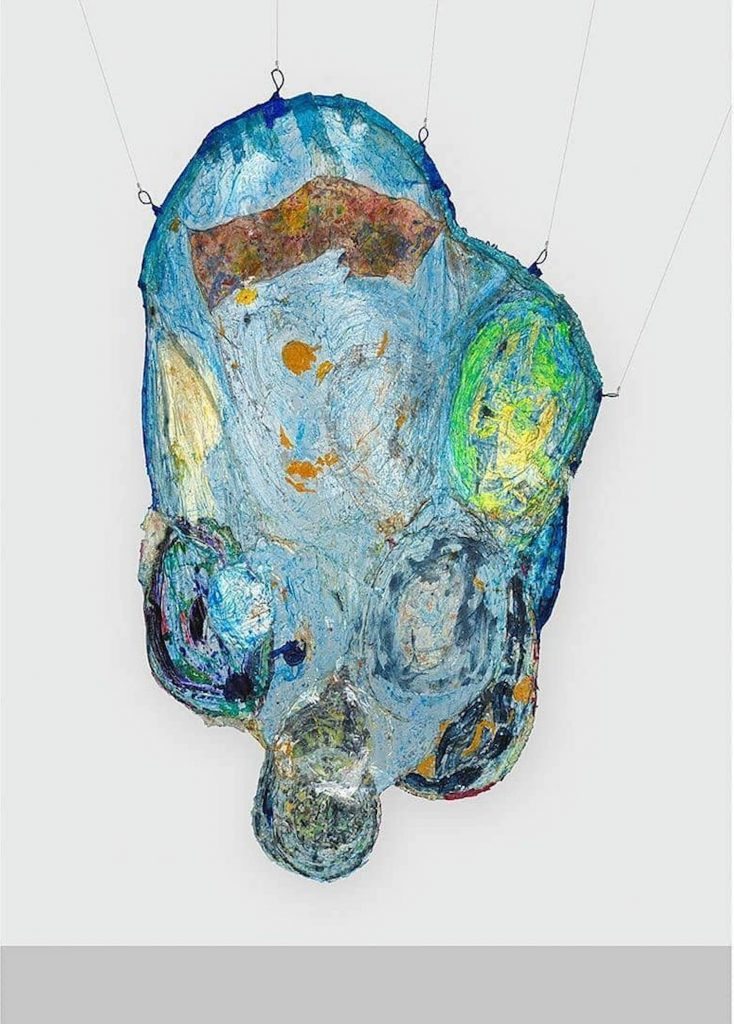
Suzanne Jackson, Rag-to-Wobble (2020). Courtesy of Ortuzar Projects.
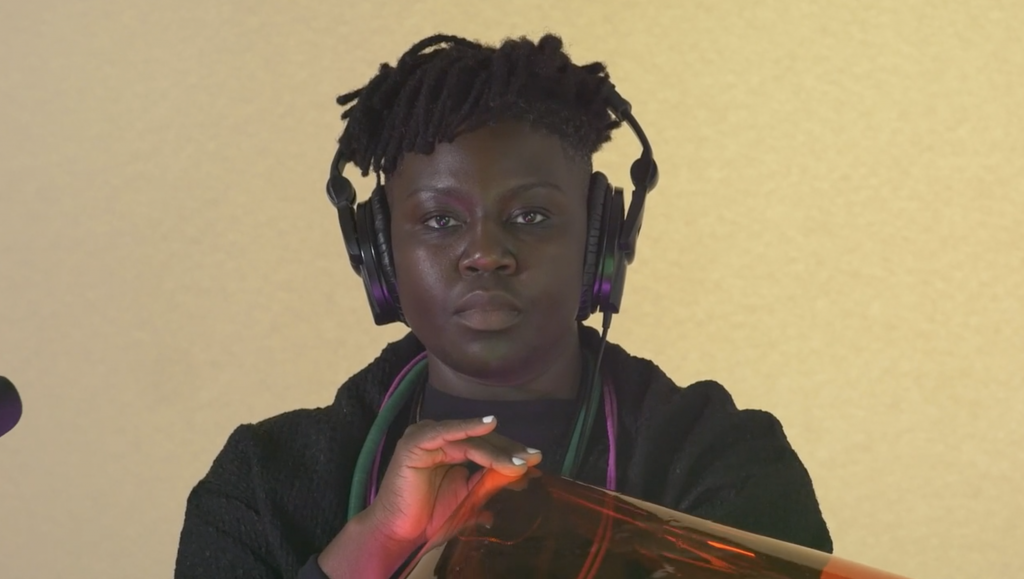
Autumn Knight, performance for Western Front (2021). Courtesy of Anonymous Was a Woman.
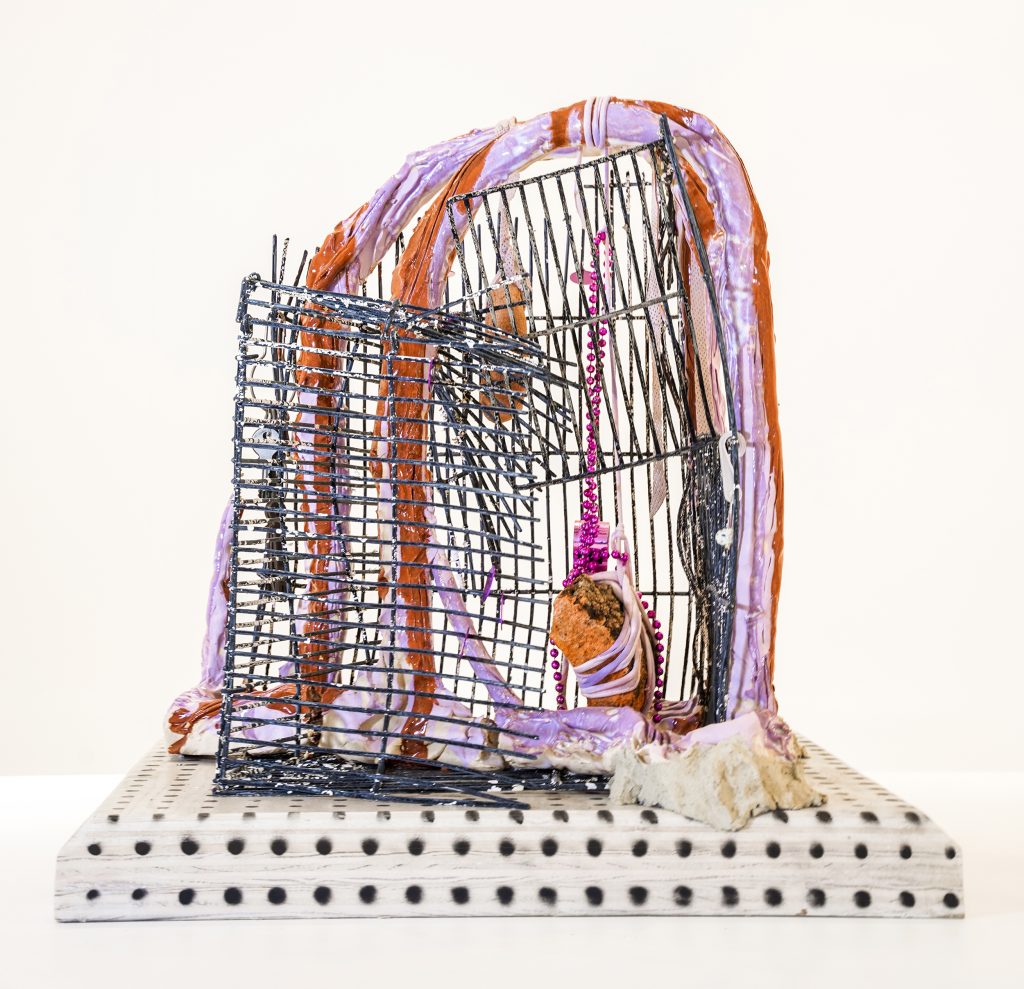
Anna Sew Hoy, Somebody’s Head (2020). Courtesy of Anonymous Was a Woman.
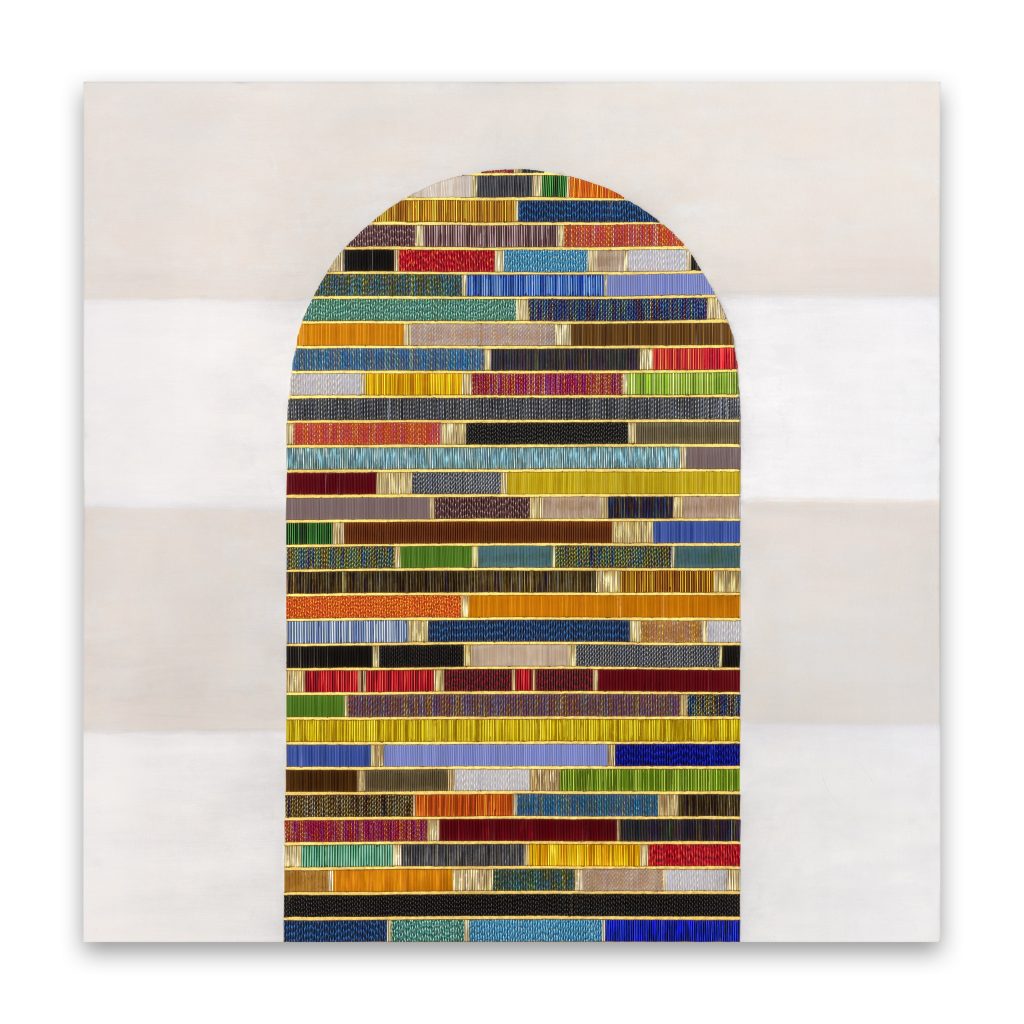
Dyani White Hawk, Untitled (All the Colors) 2020. Courtesy of Anonymous Was a Woman.
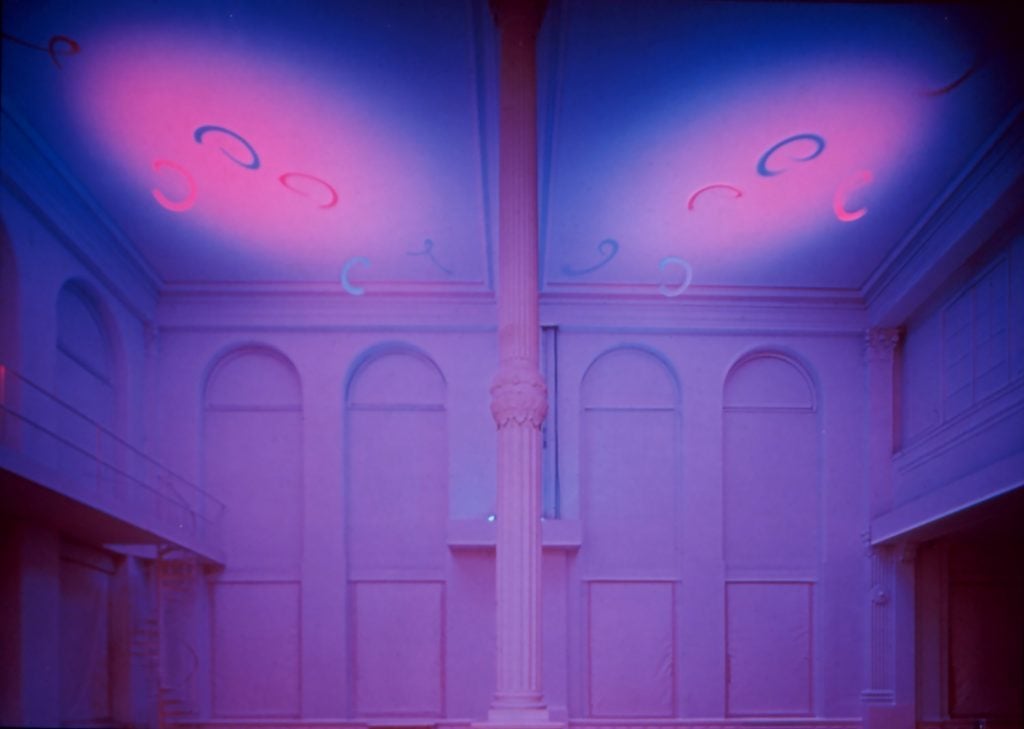
Marian Zazeela, The Magenta Lights (1981). Light Environment installation at the 6 Harrison Street Dream House, New York. Photo by John Cliett, ©La Monte Young and Marian Zazeela, 1987.
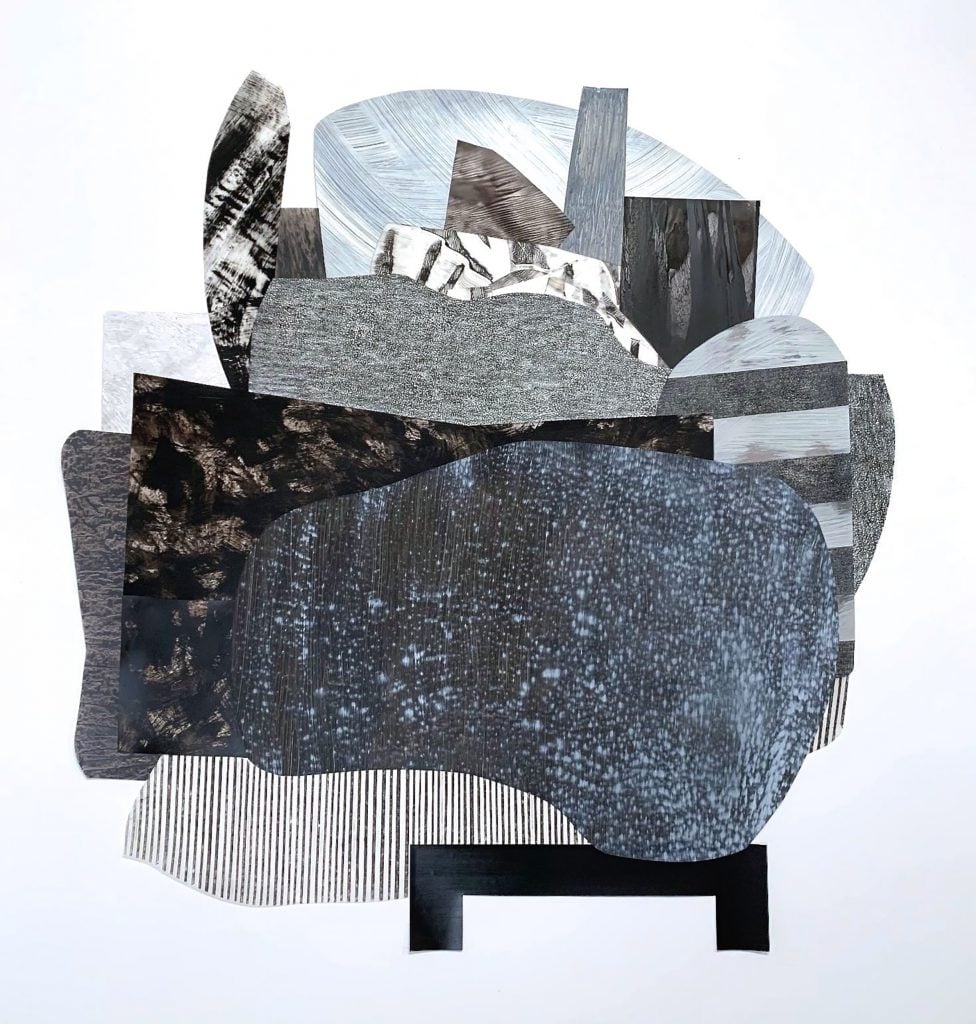
Nanette Carter, Cantilevered #58 (2020). Courtesy of Anonymous Was a Woman.